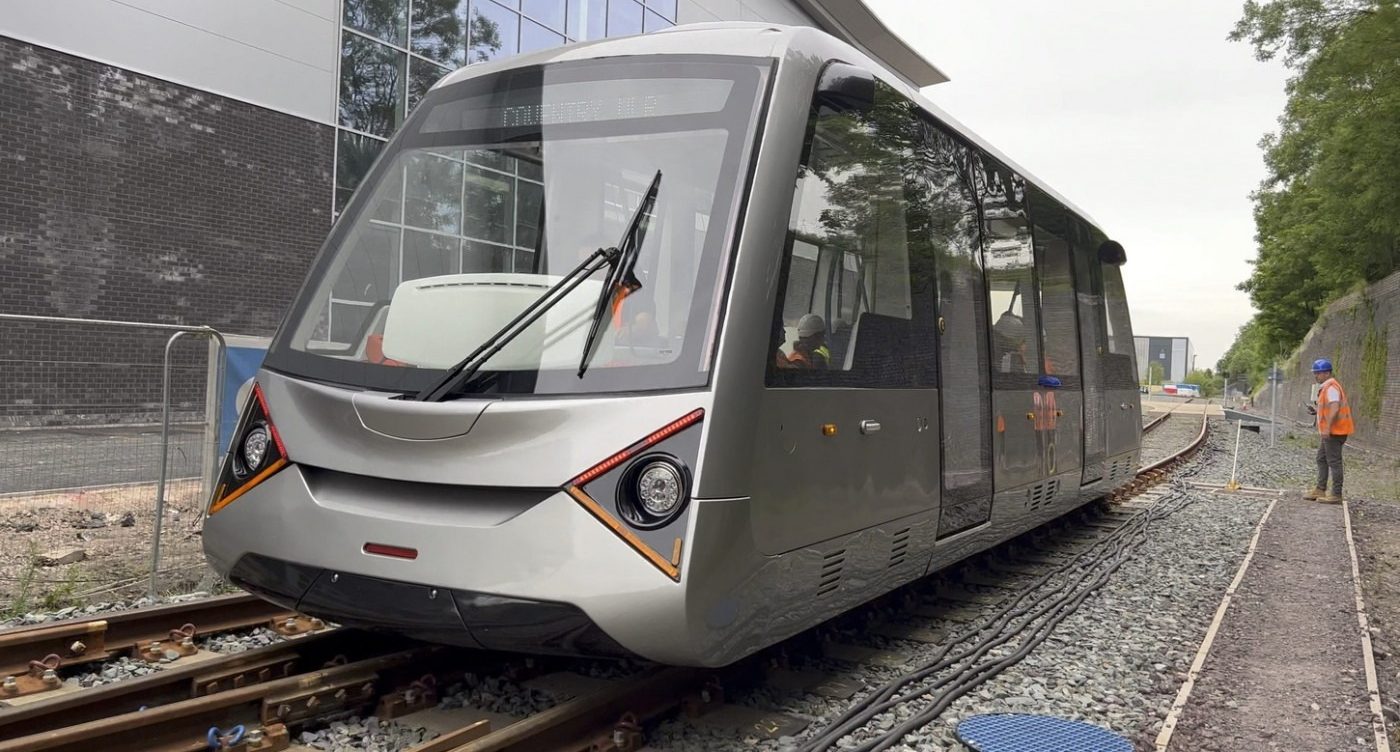Coventry Very Light Rail timeline derailed after funding bid rejected
Completion of Coventry’s Very Light Rail (VLR) project could be delayed by years, after a funding bid by Coventry City Council was rejected by the Department for Transport (DfT).
The VLR has been pitched as a cheaper and easier-to-install alternative to conventional trams.
It is intended to form part of Coventry’s public transportation network, linking to bus routes and aiming to connect the city centre to “strategic locations” including the University of Warwick.
Costing an estimated £189 million, it forms part of efforts to facilitate a 1/3 reduction in road traffic in Coventry by 2041.
The City Council’s had lodged a request for £36.8 million in funding, but this was shot down by a DfT committee in February, it has now emerged. As reported by the Coventry Telegraph, the rejection followed a meeting between committee civil servants and members of the VLR project.
In the meeting, VLR project members argued that the VLR had received “significant” interest from the private sector, alleging it held billions in “market potential”.
The committee ultimately concluded that the business case for the VLR was “not yet ready”
However, the civil servants expressed concern over the project’s value-for-money, questioning members of the VLR team about likely costs, and whether the VLR has any added benefits over clean energy buses.
The committee ultimately concluded that the business case for the VLR was “not yet ready”, suggesting the project should be treated as a research and development initiative instead.
Whilst the request for £36.8 million was refused, the government has already approved £15 million of funds meant to support VLR testing. However, Coventry City Council has asked for an additional £11 million to finance a ‘demonstrator track’.
This will be used to test the VLR, and is planned to be built in the city centre later this year.
Whilst it was previously hoped that a VLR route in Coventry city centre would be operational by 2025, the rejection of the funding request means the VLR will not be in use until 2026, according to Labour Councillor Jim O’Boyle.
The only thing that’s holding us back is not us, it’s not the private sector, it’s the Department for Transport because we’ve got to go through their hoops and their bureaucracy
Councillor Jim O’Boyle
Councillor O’Boyle argued: “The only thing that’s holding us back is not us, it’s not the private sector, it’s the Department for Transport because we’ve got to go through their hoops and their bureaucracy.”
Both main candidates for the upcoming West Midlands mayoral election, due on 2 May, have pledged to complete the VLR project in full.
Conservative candidate and incumbent Mayor, Andy Street, has said he has “ring-fenced” £72 million in funding for the initiative. Previously, Street has suggested he has been “right behind” the VLR from the beginning, arguing all cities deserve “reliable and cheap” public transport.
His main opponent, Labour candidate Richard Parker, has also argued in favour of the VLR, stating he was “committed to driving forward” the program. He has suggested he would take steps to ensure project funding is available more quickly.
The Department for Transportation commented: “It’s essential that we consider and scrutinise business cases to ensure value for money for the taxpayer and ensure rigorous testing of the technology is carried out to deliver a service in the future.”

Comments